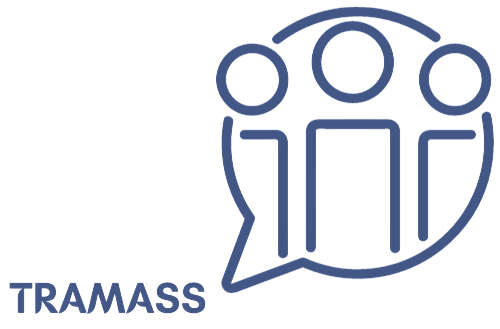Migration not only shapes the demographic composition of a society, but also has a profound impact on its cultural and social dynamics. When people migrate to a new country, they encounter linguistic and cultural barriers that can hinder their access to vital services, such as healthcare. In this sense, translation and transcreation emerge as crucial tools to overcome these barriers and ensure that everyone has access to the healthcare they need.
Equitable access to health care is fundamental to the well-being of all members of a society, regardless of their origin or migration status. However, language and cultural barriers can prevent migrant communities from accessing health services effectively. It is therefore crucial that translational activities, such as translation, interpretation and transcreation, are implemented to facilitate communication and ensure that everyone can understand and benefit from available health services.
Migrants experience health, administrative, cultural, gender, linguistic, social and religious barriers. Translational activities are tools that help to overcome such barriers, but the reality in Spain reveals that neither translation, nor transcreation, nor cultural mediation are used in healthcare contexts, leading to very negative consequences such as lack of communication between patients and professionals, loss of patient autonomy, or the use of non-professional interpreters (who do not know medical terminology).
Several shortcomings are alleged to explain the absence of such a necessary service, including the lack of specific training for language professionals, of professionals who speak the language of the patients, of resources (both economic and technological), of institutional support, of academic interest and of sensitivity on the part of health professionals. It is therefore important to call for translation, transcreation and cultural mediation as tools for reducing inequalities.
